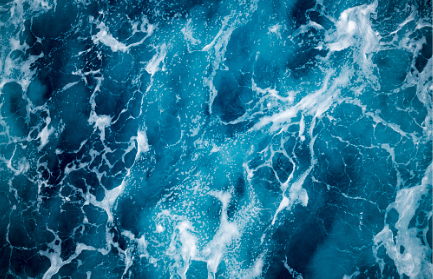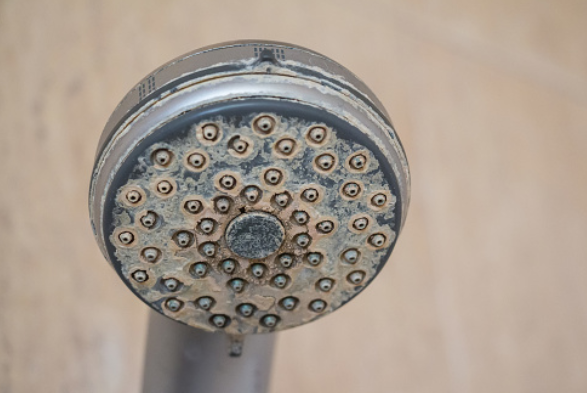What You Need to Know About Hard Water

There are two types of water in our surroundings. Those types are hard and soft water. Hard water is supposed to be problematic because of a high concentration of minerals in the water, mostly dissolved substances such as calcium and magnesium, perhaps in carbonates or sulfates. It is why hard water is quite different from soft water.
Although there is no single global standard for measuring hardness, water hardness curves established by US geological surveys are often approved. People are still discussing this debatable topic, which is hard water vs softwater. Therefore, this article will explain hard water and some aspects that relate to it.
Hard water is not bad for you. If you are not used to drinking hard water – for example, if you recently moved to a place with hard water in a region where you drank drinking water – you will have some gastrointestinal problems until your system gets used to the new H20.

The Causes of Hard Water
Permanent hardness is usually caused by calcium, magnesium sulfates, and chlorides in the water. Despite its name, permanent hardness can still be reduced. In indigenous applications, hard water can be a nuisance at home, but it is usually not critical. Hard water can cause scale deposits in your sinks and bathtubs and unsightly rings in your vegetation blankets. Hard water can also clog your pipes and prevent the dishwasher from running at full capacity.
The Removal Scale Deposits
It could take a long time, a lot of whistling, and a lot of products before your surfaces are “miraculously” free of scale and stains. Hard water deposits can be removed with a simple application of vinegar. From time to time, you will have to let things boil a little longer. If this happens, you can put several objects in the kitchen sink and leave them in hot water and vinegar solution for a while before washing them.
This method works well for faucet necks and bathroom faucets, but it moves when rubbing and ruining the taps’ finish. The water could be hard enough because the water’s minerals prevent the soap from foaming or skimming. If the more nutrients are present, the more soap and water needed to make soap water are hard.
The Necessities of Water Softener
Installing a water softener in the home can be expensive. So if you do not have serious iron bacteria problems, you may not want to use a water softener. In commercial applications, hard water can be a real problem. Mineral deposits can also cause overheating of the metal components in the boiler and boiler failure.
Installing and maintaining a water softener for some water treatment strategies will often help, but hot or freshwater may need to be conveyed or transported to the site under extreme conditions. As long as the water comes from a treatment plant, it must be safe to eat. Groundwater from the well or tank must be tested regularly to ensure that it is safe for consumption.

